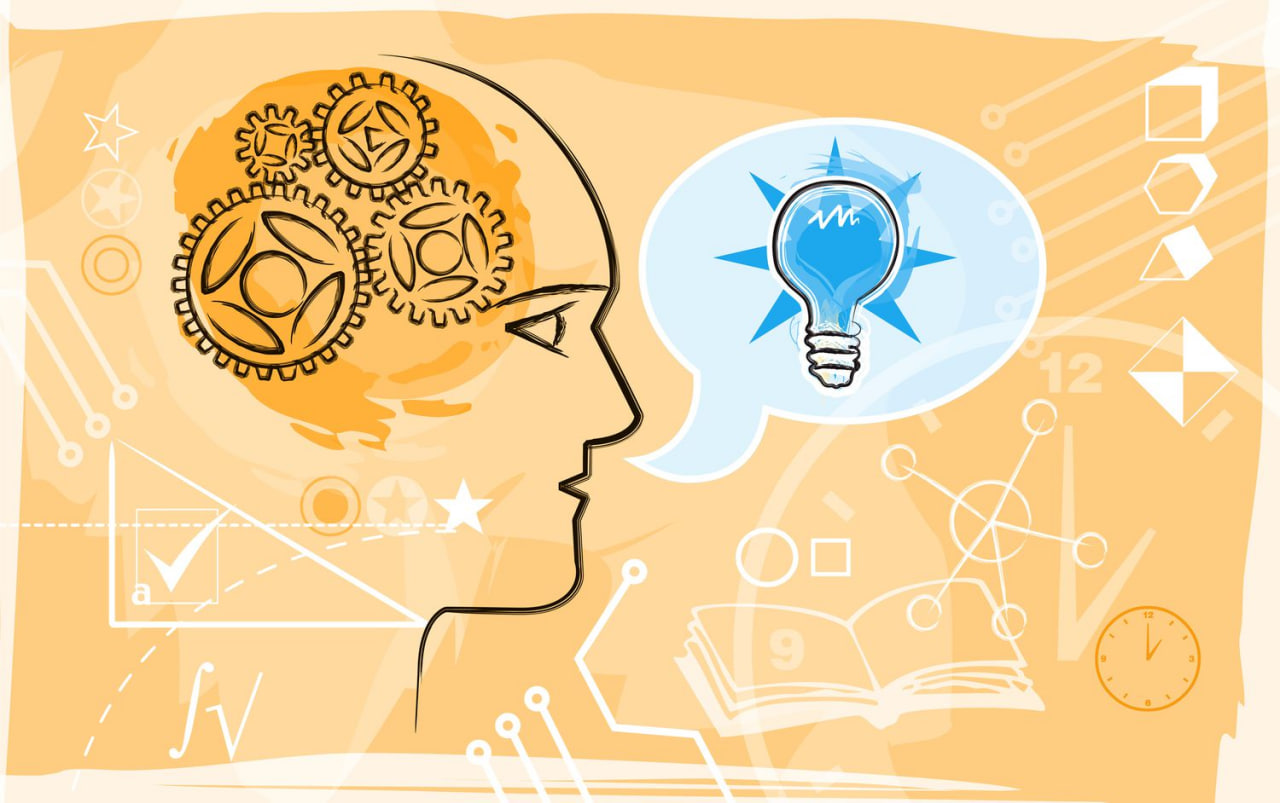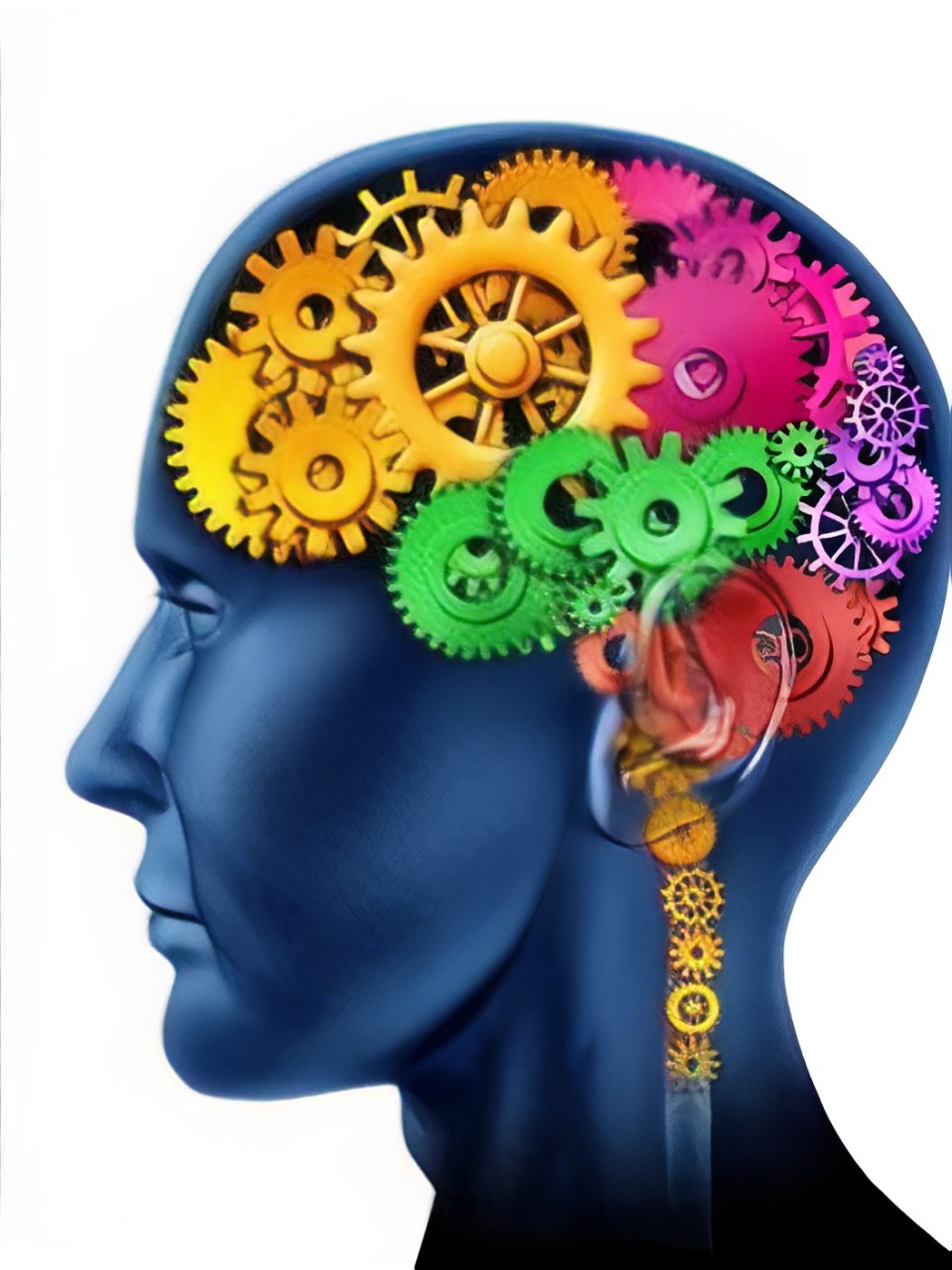People with high IQs (intellectual intelligence) often exhibit certain personality traits and cognitive characteristics that differentiate them from others, although it’s important to note that IQ is just one aspect of intelligence and doesn’t define a person’s overall potential or personality. High-IQ individuals can come from a variety of backgrounds and personalities, but some commonalities may emerge based on their cognitive abilities and how they perceive and interact with the world.


1. Curiosity and Love of Learning
- Constant Exploration: High-IQ individuals often have an intrinsic desire to learn and explore new ideas. They may enjoy reading, researching, and expanding their knowledge in a variety of subjects. This deep curiosity drives them to seek out information, not just to answer questions, but to understand the world more comprehensively.
- Questioning Nature: They are more likely to question established norms or assumptions and want to understand the “why” behind things. This can sometimes make them seem skeptical or critical of commonly accepted ideas.
2. Problem-Solving Ability
- Creative Thinkers: High IQ people tend to excel in problem-solving because of their ability to think critically and analytically. They often approach problems from multiple angles, finding creative and unconventional solutions.
- Strategic Mindset: They are good at seeing patterns, making connections, and drawing conclusions that others may not see immediately. This makes them effective in fields that require complex problem-solving, such as science, mathematics, or technology.
3. Independent and Self-Reliant
- Autonomous: Many individuals with high IQs prefer to work independently. They tend to value their autonomy and often feel more comfortable when they have the freedom to explore their ideas and approach problems in their way.
- Self-motivated: They are often intrinsically motivated, driven by their own internal goals rather than external rewards. This means they may not be as dependent on social approval or external validation as others might be.
4. High Emotional Sensitivity and Empathy (Sometimes)
- Empathy and Insight: Some high-IQ individuals show a high degree of emotional intelligence (EQ), meaning they are able to empathize deeply with others and understand the emotions and motivations of those around them. However, this can vary, and some people with high IQs may struggle with empathy, particularly if they are more focused on intellectual pursuits than emotional ones.
- Introspection: They may be introspective, spending a significant amount of time reflecting on their own thoughts, feelings, and experiences. This can contribute to their self-awareness but can also sometimes lead to overthinking.
5. Introversion (Often)
- Preference for Solitude: High IQ individuals are often more introverted, enjoying time alone to think, read, and explore ideas. They may find social interactions to be draining and may prefer deep, meaningful conversations to small talk.
- Intellectual Stimulation: While introverted, they may seek out environments that stimulate their intellectual curiosity, such as discussions with other highly intelligent people or opportunities to engage with complex topics.
6. High Self-Esteem (But Not Always Narcissistic)
- Confidence in Abilities: Many people with high IQs have a strong sense of self-confidence because they know they are capable of mastering complex topics or solving difficult problems. However, this doesn’t necessarily translate into arrogance or narcissism—many high-IQ individuals are humble about their abilities and more focused on personal growth and understanding.
- Perfectionism: Because they are often aware of their abilities, they may hold themselves to very high standards, which can sometimes lead to perfectionism or frustration if things don’t meet their expectations.
7. Sensitivity to Boredom
- Easily Bored by Routine: High IQ individuals tend to become bored with repetitive tasks or situations that don’t provide intellectual challenge. They may become disinterested in activities that don’t stimulate their mind, which can affect their job satisfaction, hobbies, or relationships.
- Need for Intellectual Stimulation: They often seek out new projects, challenges, or hobbies to keep themselves engaged, which can lead them to have a wide variety of interests or expertise in different areas.
8. Open-Minded and Innovative
- Innovative Thinking: Due to their ability to see connections between different pieces of information, high-IQ individuals are often more open-minded and willing to entertain new or unconventional ideas. This trait is especially valuable in creative fields, research, and leadership roles where innovation is essential.
- Challenging the Status Quo: They may challenge traditional ways of thinking or established systems because they are not constrained by conventional norms or biases. This can make them natural pioneers or disruptors in their fields.
9. Tendency Toward Social Alienation
- Social Disconnect: High IQ individuals, especially those who are highly analytical, may sometimes feel socially alienated or misunderstood, especially in environments where intellectual engagement is less common. They may find it hard to relate to people who do not share their intellectual curiosity or ability to process complex concepts.
- Difficulty in Social Situations: Some high IQ individuals may struggle with social dynamics, not because they lack empathy but because they may find it hard to navigate small talk, or they may prefer deeper, more meaningful interactions.
10. Perfectionism and Overthinking
- Overanalyzing: High IQ people can sometimes struggle with overthinking situations, constantly analyzing various possibilities, outcomes, and perspectives. This can lead to indecisiveness or stress, particularly when they feel that they need to account for every detail.
- Striving for Excellence: Perfectionism can be a double-edged sword. While it drives them to achieve great things, it can also lead to dissatisfaction or frustration when their expectations are not met.It’s important to remember that IQ alone does not determine a person’s worth or overall success in life. Emotional intelligence (EQ), creativity, interpersonal skills, and resilience are also essential qualities that contribute to a person’s ability to lead, collaborate, and thrive in life. While people with high IQs often exhibit intellectual and cognitive strengths, they may face unique challenges in social or emotional realms, and those with lower IQs can still be highly successful and influential leaders. Ultimately, it is the integration of both intellectual and emotional skills that leads to balanced, effective leadership and personal fulfillment.
Recommendation: SITES LEARN SEO
Recommendation: KPOP NEWS ASIA




